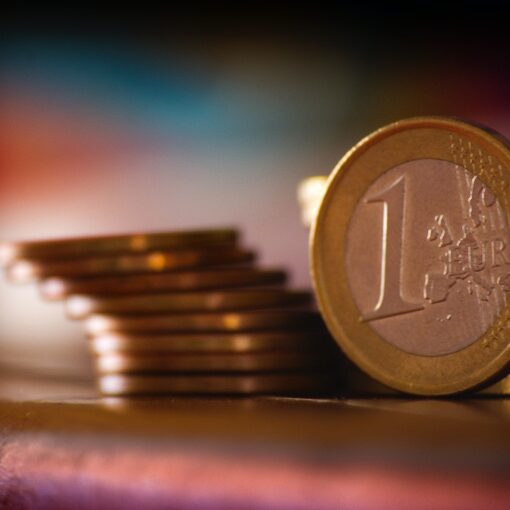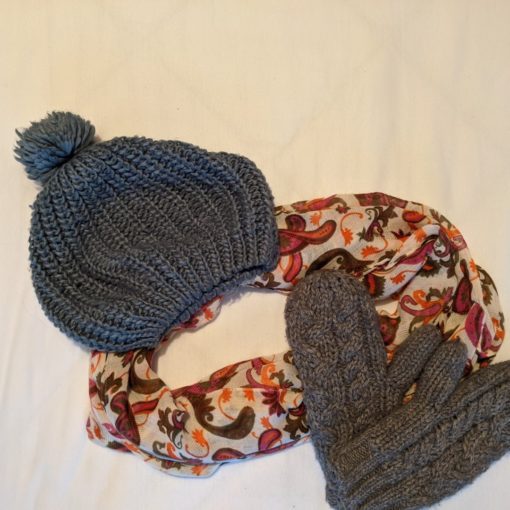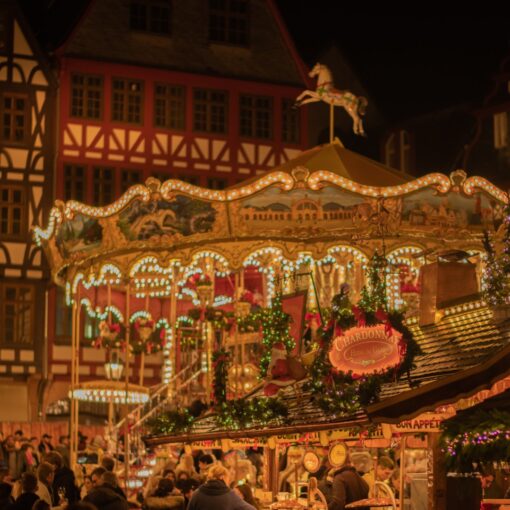[This post may contain affiliate links where we earn a small commission. Please see our disclosure for more information and thank you for supporting our site so we can continue to bring you awesome content for your travel inspiration!]
Look, don’t we all hate those blogs (cough, recipe blogs, cough) that make you read their whole life story to get to the point?
Yeah, let’s not do that here. Let’s get straight to it.
So, is it safe to drink tap water in Germany?
The Answer Is: Yes. You can absolutely drink the water in Germany
But wait, there’s more! (Said in my best Infomercial voice) While it seems like a pretty straight forward answer and that you could be done with this info, there are some quirky and nuanced things to know about drinking water in Germany that you should know. So let’s dive in (figuratively)
The water quality in Germany is perfectly good, clean, and well managed. There is the “Trinkwasserverordnung” or quite literally the Drinking Water Ordinance that is managed by the Federal Ministry of Health so you can be assured that the Germany drinking water is top notch in all of Deutschland.
Germany’s Hard Water
Growing up, hard water was a complete norm in my town, so when I moved to Regensburg, I didn’t really notice the hard German water much, however, some people do complain about the calcium build up in their hair and I’ll admit that I see it do a number to my clothes in the washing by how quickly colors fade. But, for the average tourist, those things aren’t a huge deal for their 1 Week in Germany or however long you are visiting.
So, Can You Drink Tap Water in Germany?
Now, you might be wondering “Is tap water in Germany safe to drink if the water is hard?” Yes. There might be a more mineral taste to it, but most people don’t even recognize it at all. I promise.
That being said, Germans themselves get a bit funny when it comes to tap water. They almost NEVER serve it straight from the tap, but not because of the quality. Most just comment that they prefer the taste of bottled.
I’ll never forget after I had my first son in Germany that I told the nurse that she could just fill up my water bottle from the tap in the bathroom and she was appalled. At first, I thought it was because something was wrong with the water, but the reality is just they don’t like the idea of filling up water to drink from a bathroom sink in general!
Pro Tip: If you want to be more environmentally friendly and use your own water bottle but don’t want to risk the (barely there) mineral taste, I highly recommend buying a water bottle like this. It’s basically a Brita Water Filter in travel bottle form.
Ordering Water at a German Restaraunt
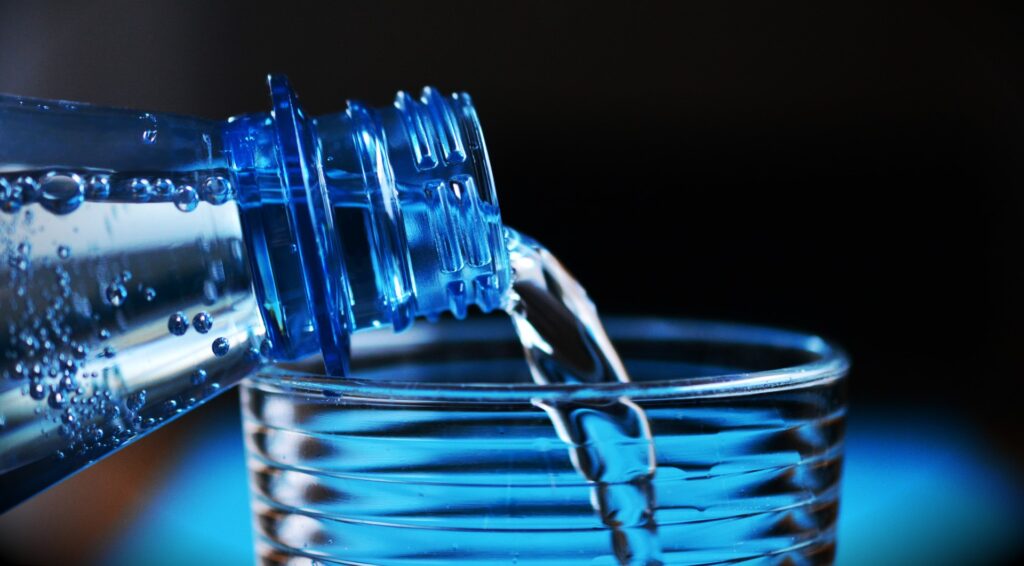
It may seem like a silly thing to go into great detail about, but you’d be amazed at the amount of tourists that legitimately get mixed up, confused, and frustrated with this culturally different custom (me included when I first moved!)
Still vs Sprudel
There are two main types of waters in Germany. Mit Gas (Sprudel) and Ohne Gas (Still).
Still Wasser: When you order a water “Ohne Gas” or “Still” it is just plain, normal, non carbonated water. When you order this at a restaurant, you’ll be served it in a bottle.
Mit Gas: If you order a “Sprudel Wasser “or a “Wasser mit Gas” it will be a carbonated water
If you do not say which kind of water you want, they most likely will ask. However, if they don’t it is more common to be given a Sprudel water automatically over a Still. So, if you don’t like ‘Bubbly Water” (as my kids call it) then make sure you absolutely specify that you want “Still Wasser, Bitte”
Cost of Water in Germany
Tap Water Is Not Free
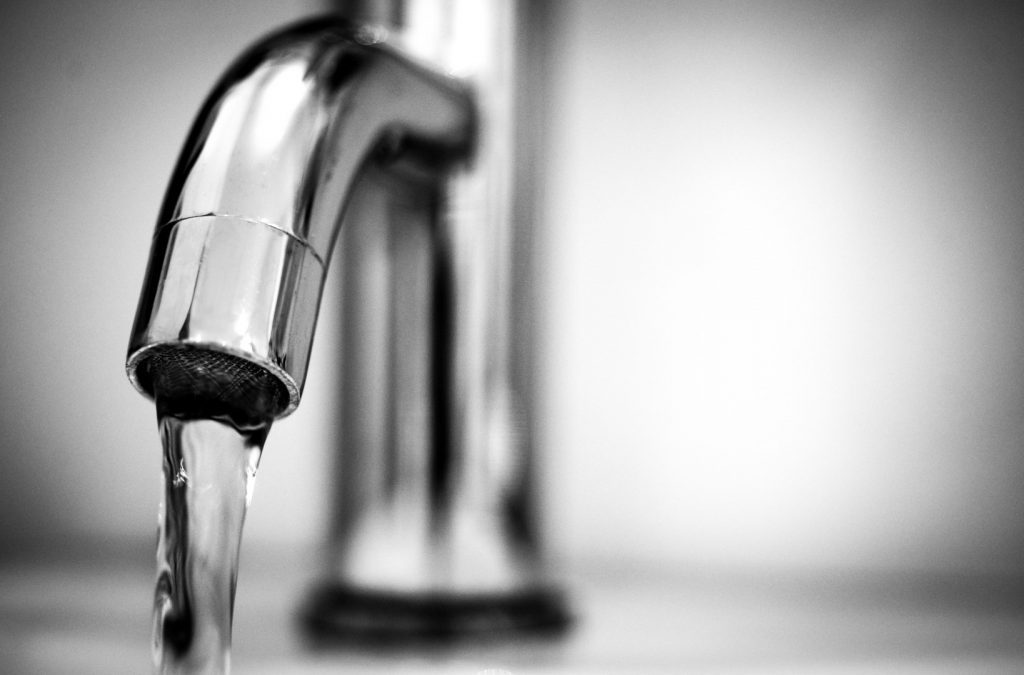
if you order “Just a water” then you’ll still receive your water in a bottle. Even though in many places around the world if you order “Just a water” you’ll typically be given normal, tap water. Here in Germany, though tap water is not free at most restaurants. So, if you are a budget traveler in Germany, don’t think that ordering tap water is going to save you a few bucks on your bill!
What is “Tap Water” in German? You can asbolutel ask for “Leitungswasser” but they might flat up tell you no. Or, they might give you tap water….and then still charge you for it!
You can expect a bottled water (still or bubbly) in a restaurant to cost around 2-3 Euro.
Why Is Beer Cheaper than Water in Germany?
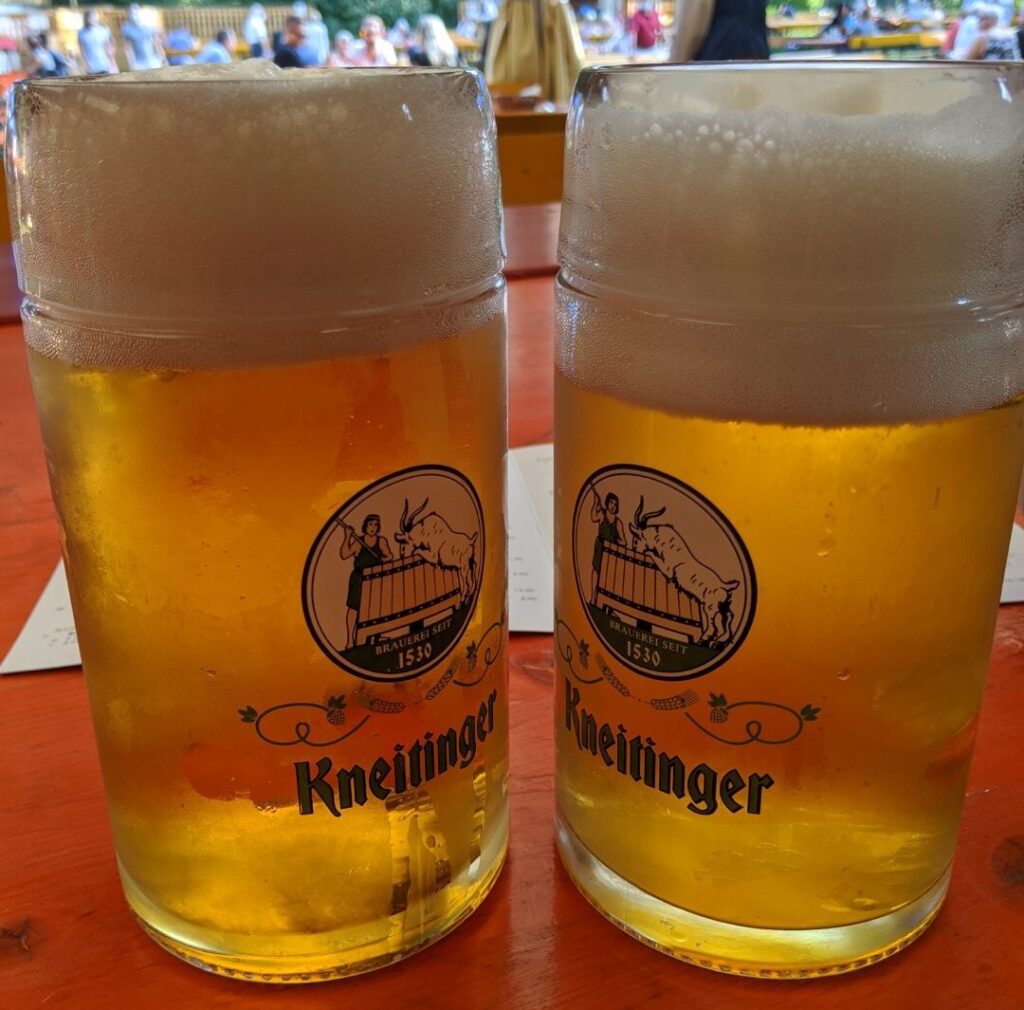
Fun Fact: It used to be that many restaurants would have exclusive contracts with specific breweries and they had to sell a minimum amount of beer to maintain that contract. Therefore, it was quite advantageous to have beer be the most appealing drink on the menu to sell more.
However, today there is a law that states that there must be at least one non alcoholic drink that is cheaper than beer on the menu. Ironically, it is often a soda!
Do I need to Bring My Own Bottled Water to Germany?
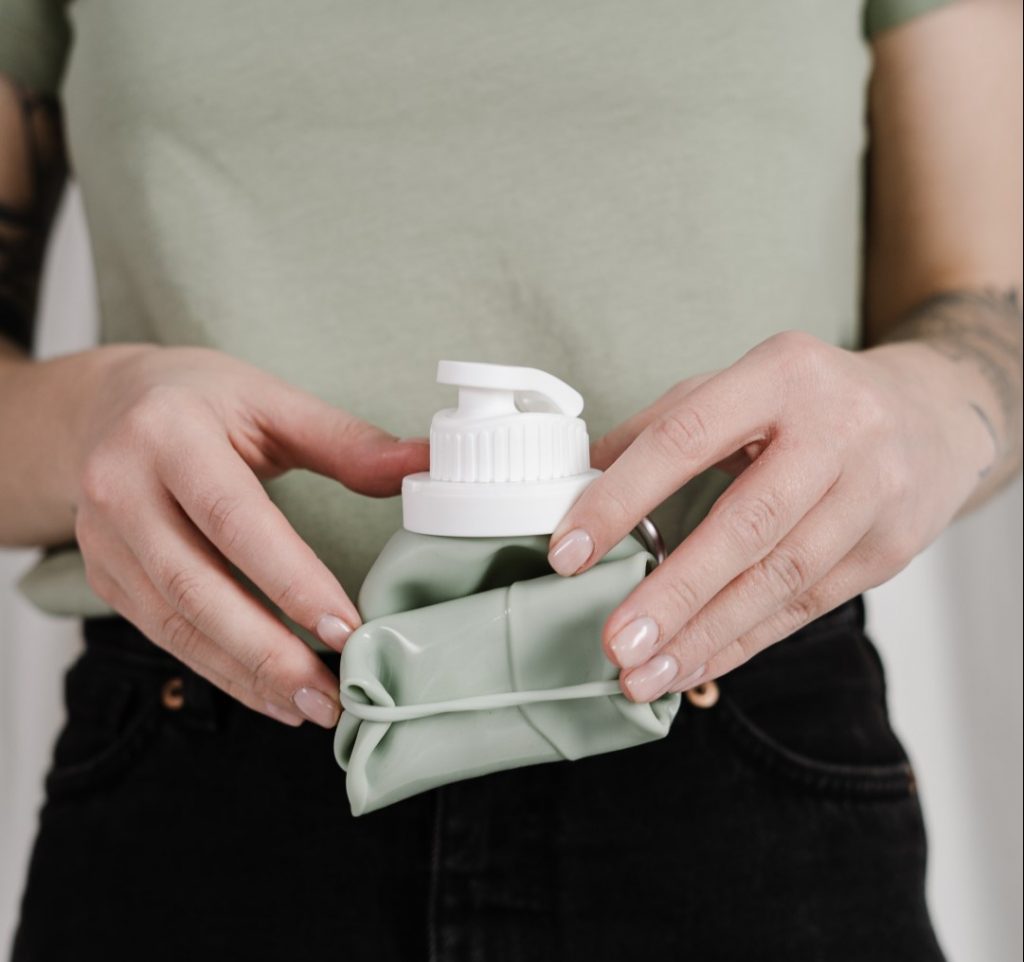
In a travel forum I’m in, someone recently posted that she had heard that bottled water was hard to come by in Germany, so did she need to bring her own?
No. I mean, I ALWAYS recommend traveling with a reusable water bottle. I even like these collapsible water bottles for travel but that is more for my hippy environmental beliefs rather than the lack of water bottles in Germany.
You can stop into any grocery store to get water. They will come in big 6 packs, but funny enough, you can rip open the plastic (I promise, this is normal and acceptable!!) and just get however many you need out of the package. In fact, they are super cheap this way. The large liter bottles are only 25 cents per bottle!
Kein Trinkwasser
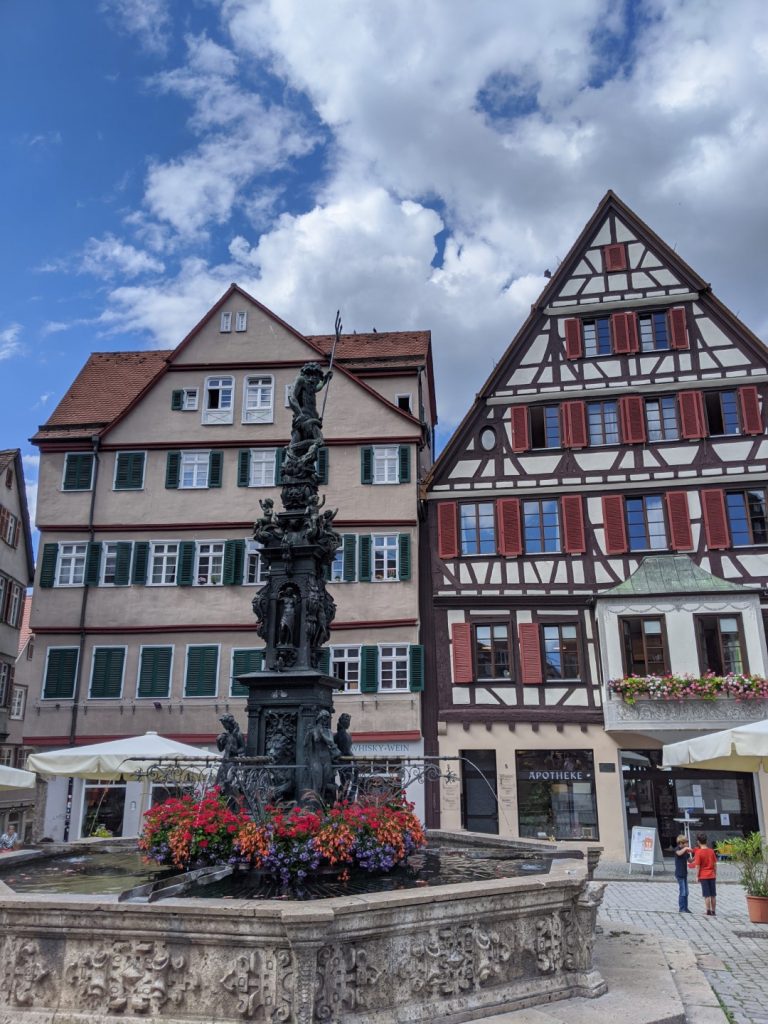
The only times that you need to steer clear of refilling up that water bottle is if you see the sign “Kein Trinkwasser” (Not drinking water). You might see this in a place like a sketchy train station, rest stop, or fountain in a town square.
Can I Drink the Water From the Mountains in Germany?
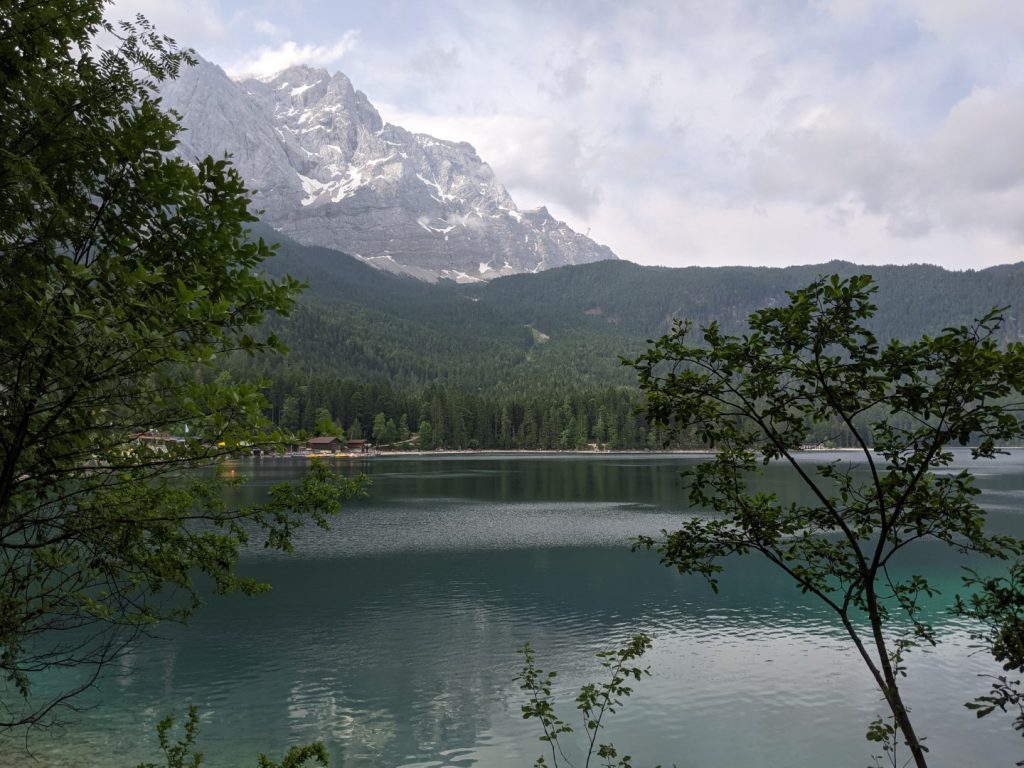
I wouldn’t. Maybe if you are right next to a glacier and you have a water filter for outdoors but even then, it’s still advisable to avoid drinking mountain water, regardless of how fresh and wonderful it looks. This is mostly because in Germany, farmers bring their cattle up into the mountains each spring to stay through the summer to feast on the wildflowers and grass (and then have the amazing Almabtrieb Festivals to celebrate a great season in the fall!) These cows get to roam around and therefore, you never know what gets into the water streams.






